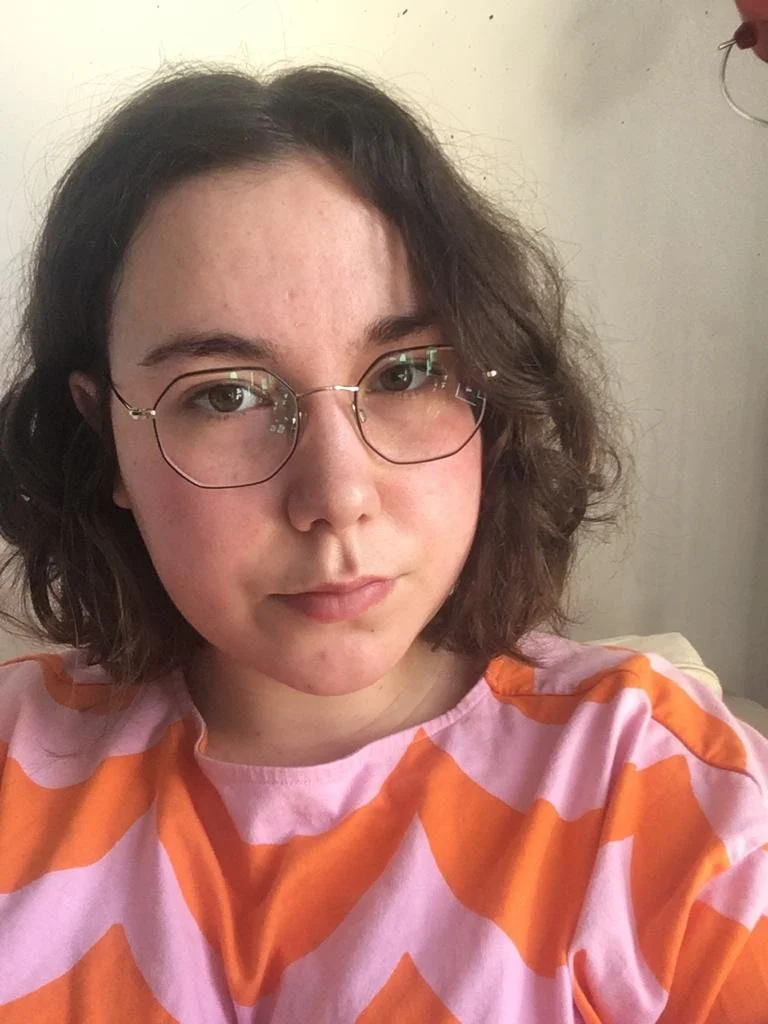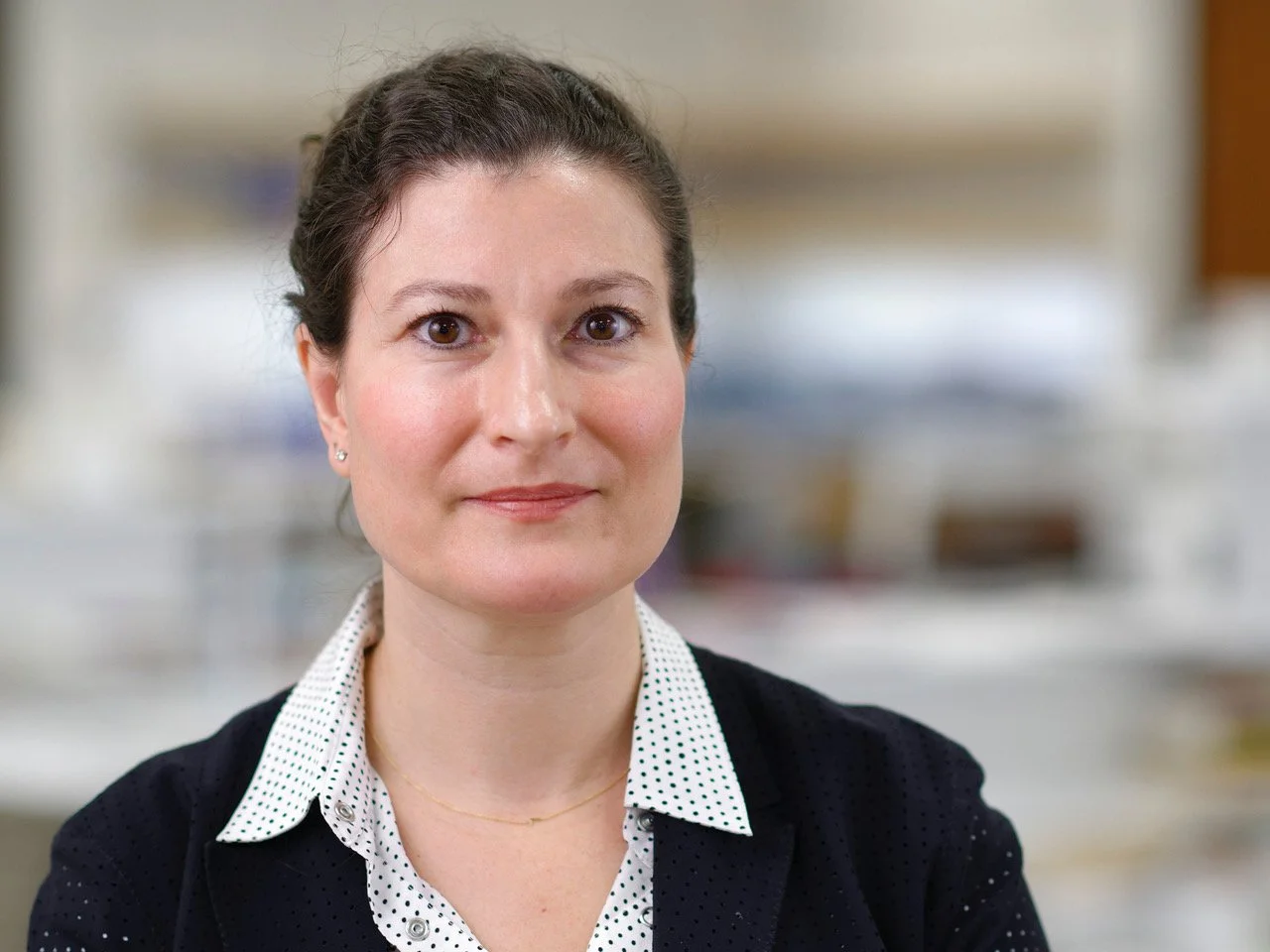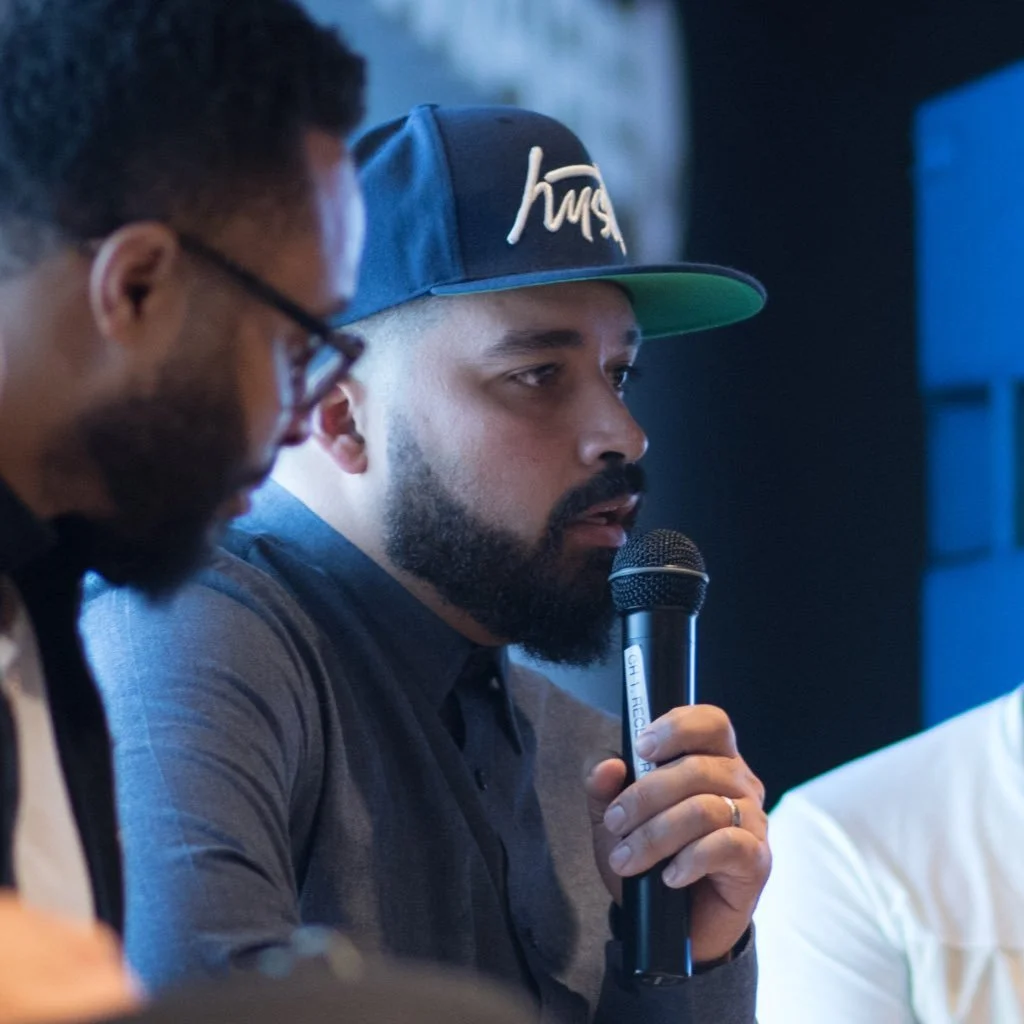Workshop 4: Embodied AI & DEI Methods
Registration deadline: 18 November 2021, any time on Earth
Workshop date: 19 November 2021, 14:00 - 17:00 CET
Location: Online
In our previous workshops, we learned and discussed about gender, race, ableism and their implications in the design of embodied AI. Thanks to the inspiring contribution of our speakers and participants from different countries and disciplines, we shed a light on the implications of our design actions on marginalized groups. In this fourth and last workshop we want to further discuss the designers’ responsibilities within the design of Embodied AI.
REGISTER HERE
Program
14:00 Welcome - what happened so far (recap about previous workshops)
14:15 Taking actions towards DEI 4 Embodied AI (Introduction to the practical activities)
14:30 Invited talk 1 and Q&A: Lonneke van Kampen, Feminists Against Ableism
15:00 Exercise: Positioning ourselves
15:20 Share
15:30 Break
15:40 Conversation and Q&A: Valentina Migliarini, University of Birmingham
16:10 Invited talk 3 and Q&A: Laura Forlano, IIT
16:40 Break
16:50 Project talk and Q&A: Future Wake and Abran Maldonado, Create Ventures
17:00 Wrap up and future of DEI4EAI
Stemming from an intersectional feminist perspective, the activities of this final workshop aim to raise awareness on the complexity of designing with diversity, equity and inclusion in mind. As a matter of fact, mainstream approaches in the design of technologies tend to marginalise populations characterised by some sort of diversity, whether they are women, an ethnic minority, or disabled people. And even when in place, traditional participatory methods often fail to achieve the desired inclusiveness as they fail to address the complexity and challenges that certain marginalised groups may face, hindering their ability to participate as equal partners in the design process.
Conscious about the impossibility of defining the ‘DE&I” toolkit, we will discuss desirable practices for designers engaged in the development of embodied AI systems.
What is the workshop about? In this, fully virtual, half-a-day workshop, three invited speakers will open up the stage for brief hands-on activities. In the activities we will: discuss problematic existing cases of Embodied AI; explore the implications of designing with diversity in mind; and reflect on our personal positions in relation to power and oppression.
Target Audience. We welcome a broad audience coming from various disciplines and practices. Including but not limited to roboticists, human-robot interaction researchers, human-computer interaction researchers, philosophers, engineers, computer scientists, sociologists, psychologists. We welcome practitioners working in industry and non-profits. We particularly encourage citizens and societal associations interested in the topic of gender and AI to participate. We will make the workshop inclusive, making space for various voices. Every expertise is valuable.
Invited Speakers:
Lonneke van Kampen
Lonneke van Kampen, Feminists Against Ableism.
FAA is a Dutch intersectional disability justice collective of disabled, chronically ill, and neurodivergent feminists fighting against ableism (the exclusion and discrimination of disabled people). Lonneke van Kampen is a member of Feminists Against Ableism and a recent graduate of the Media Studies Research Master at the University of Amsterdam, where she focused on AI and Disability Studies. Currently, she works as a researcher and writer on the topic of disability and sexuality.
Dr. Valentina Migliarini
Valentina Migliarini, Assistant Professor, University of Birmingham
Valentina Migliarini is an Assistant Professor in Education Studies in the Department of Education and Social Justice. Her work sits at the crossroads of inclusive education, bilingual special education, justice and equity studies, culturally sustaining and trauma-informed pedagogies for disabled, migrant and refugee children, and teacher education.
Her research focuses on increasing access to equitable education for students identified with disabilities and from migrant and forced migrant backgrounds in secondary education. She has developed significant research and teaching expertise in Italy, England, Lebanon and the United States.
She uses the Disability Critical Race Theory in Education (DisCrit) framework as an intersectional lens to examine inclusive policies and practices in education systems in Europe and the United States. This work provides a window to explore how neoliberal reforms in education, combined with increasing immigration, are influencing education for those children who face exclusionary practices.
The nucleus of her research agenda is problematizing, both in policy and practice, mainstream conceptualizations of inclusive education, which reproduce micro-exclusions of multiply-marginalized children in ‘Western’ nations, and new forms of colonization in ‘non-Western’ countries.
Her first line of research includes (1) exploring how intersections of race, disability, migratory status, and language determine educational and social pathways of inclusion for asylum-seeking and refugee students.
Her second line of research focuses on analyzing how DisCrit can contribute to understanding the outcomes of UK and US inclusive education policies and practice, with particular attention to the enabling and disabling processes that target multiply marginalized children.
Her third line of research aims to shift teachers’ paradigms of inclusive education, through reframing classroom and behavior management, curriculum and instructions through DisCrit.
What ties these three lines of inquiry together is her commitment to educational equity and justice through an interdisciplinary research design and methodology.
Her research and teaching commit to creating a meaningful, equitable, and inclusive learning experience for diverse communities. Her stance towards teaching, research and service activities is liberatory.
Prof. dr. Laura Forlano
Laura Forlano is a Fulbright award-winning and National Science Foundation-funded scholar, is a writer, social scientist, and design researcher. She is an Associate Professor of Design at the Institute of Design (ID) and Affiliated Faculty in the College of Architecture at Illinois Institute of Technology, where she is Director of the Critical Futures Lab. Laura’s research is focused on aesthetics and politics at the intersection of design and emerging technologies. Over the past ten years, she has studied the materialities and futures of socio-technical systems, such as autonomous vehicles and smart cities; 3D printing, local manufacturing, and innovation ecosystems; automation, distributed labor practices, and the future of work; and computational fashion, smart textiles, and wearable medical technologies. At the Institute of Design (University of Chicago) she teaches Designing Futures and Principles and Methods of User Research among other courses.
Abran Maldonado is the cofounder of Create Labs, a social impact AI developer and a Dev Ambassador for OpenAI. He cofounded Create Labs Ventures to create new opportunities for the underserved community to gain access to cutting-edge technologies and enter the tech and media industries. Abran is the creator of C.L.Ai.R.A. an autonomous AI woman of color along with other intelligent virtual beings. He also manages Verizon's 5G EdTech Program, expanding 5G VR/AR solutions to hundreds of schools across the nation.




